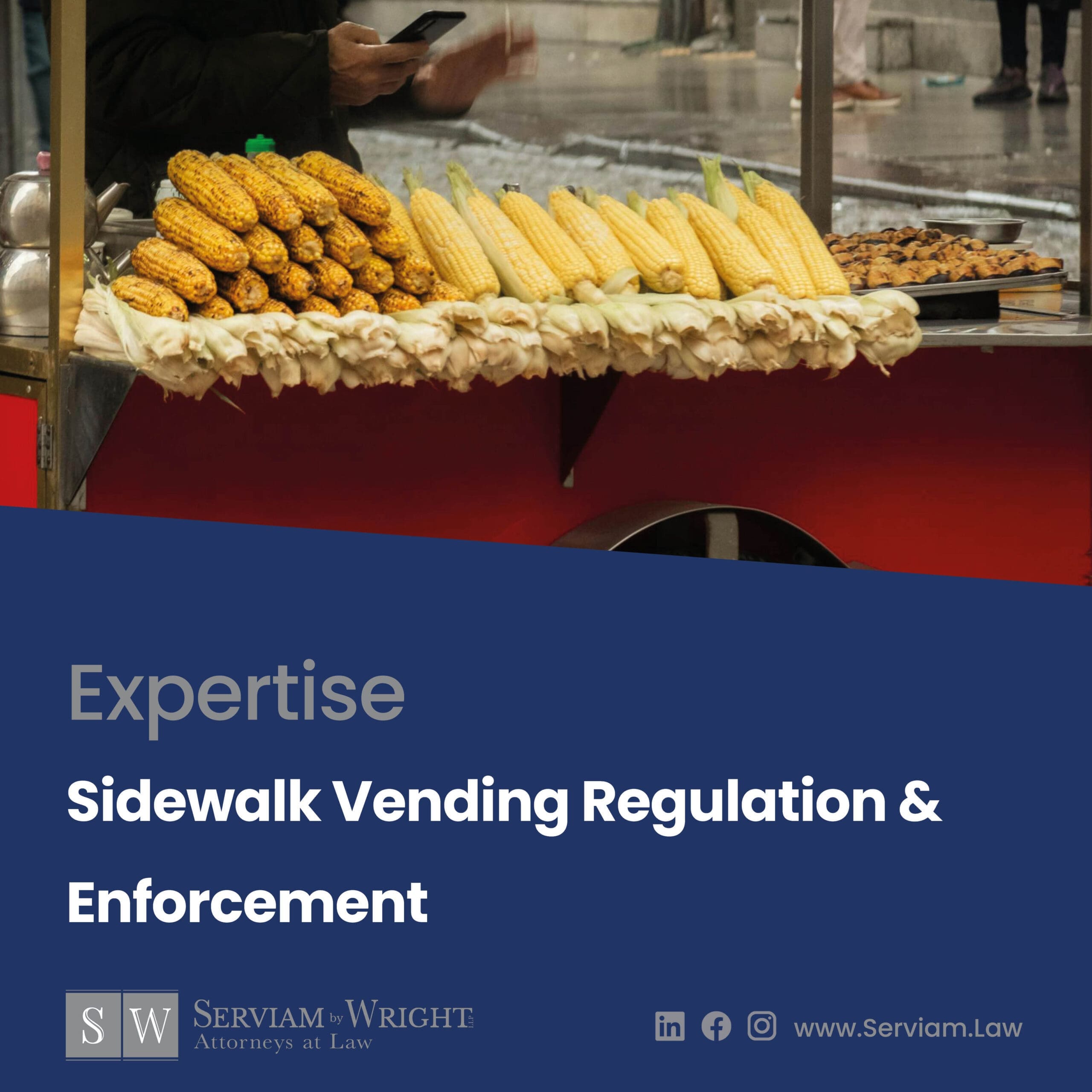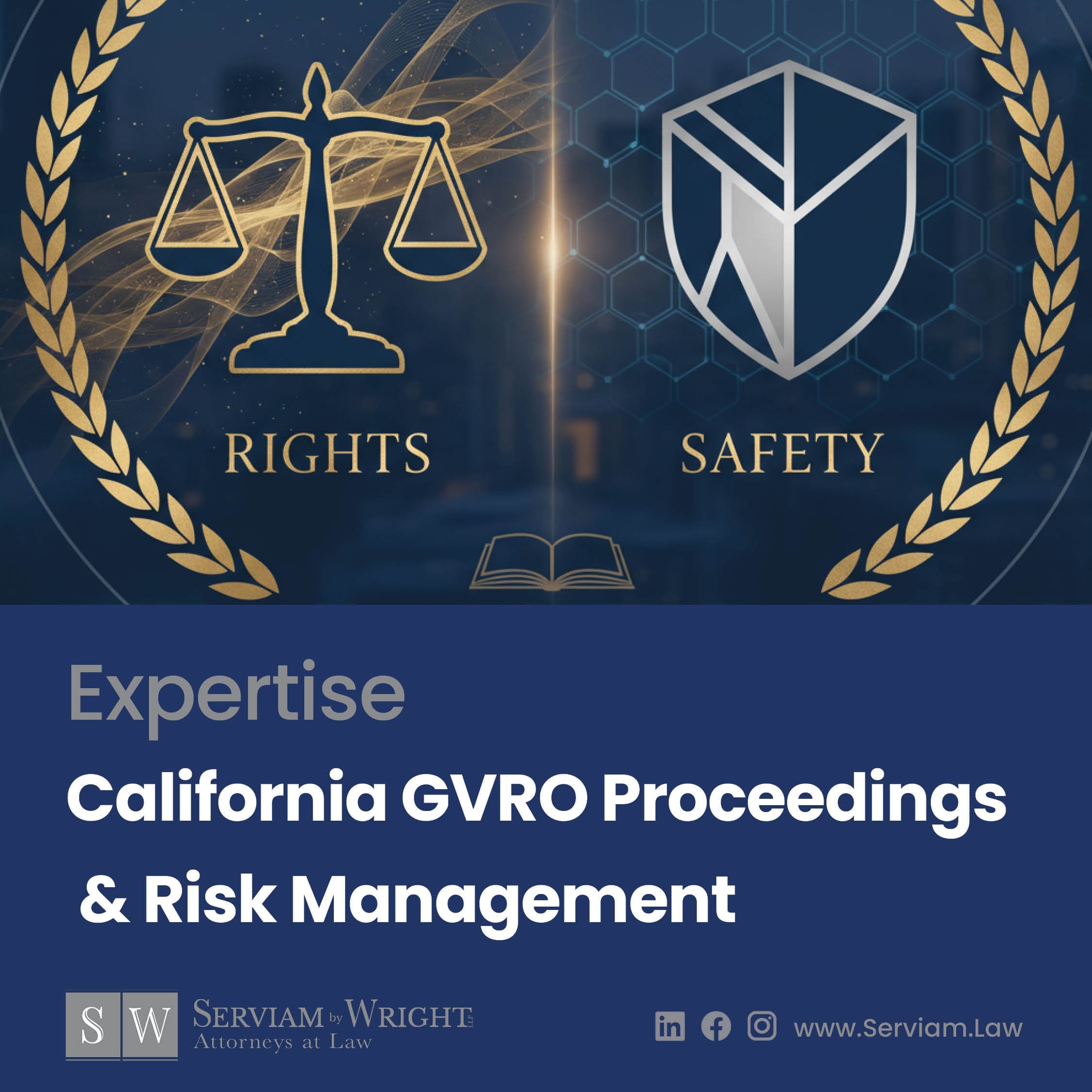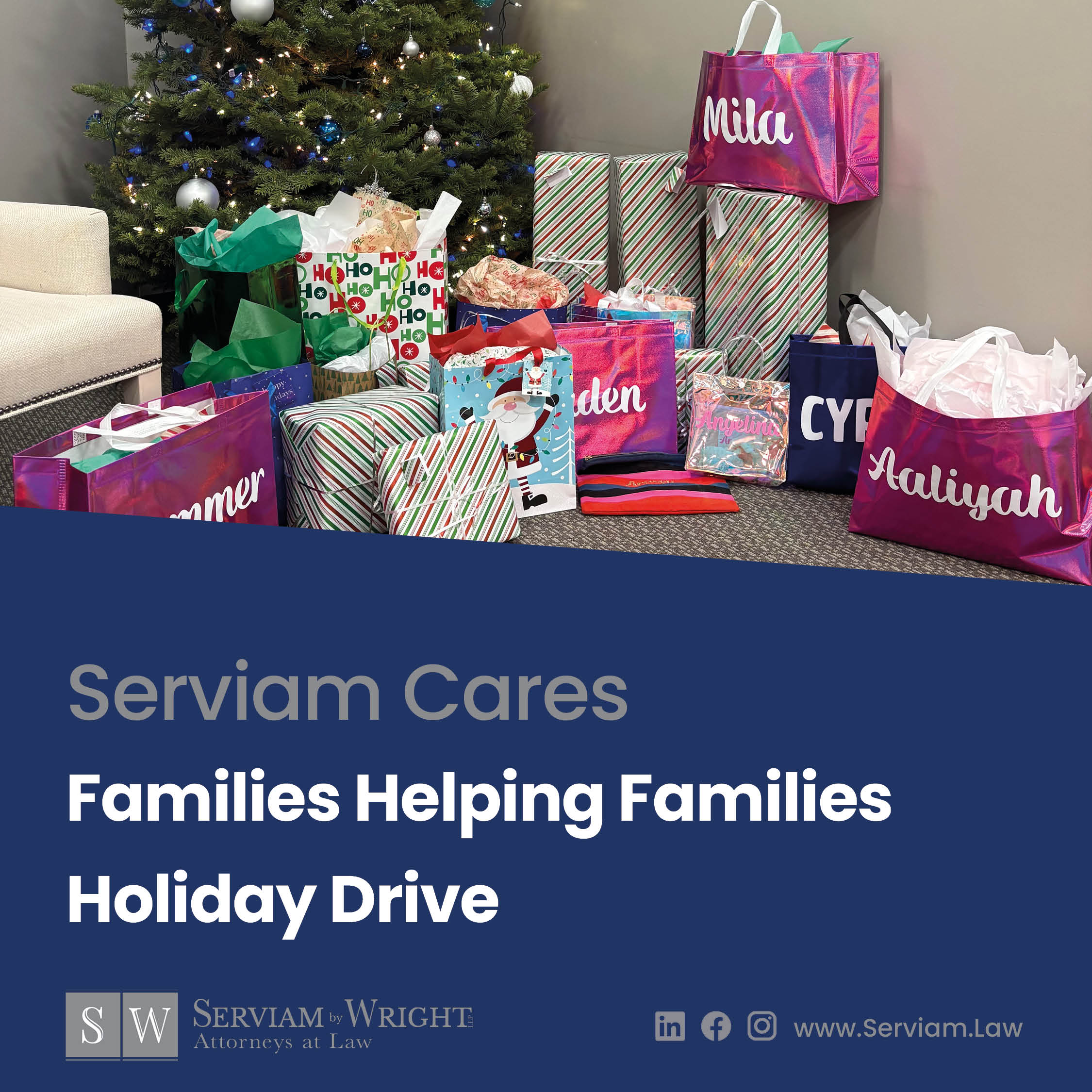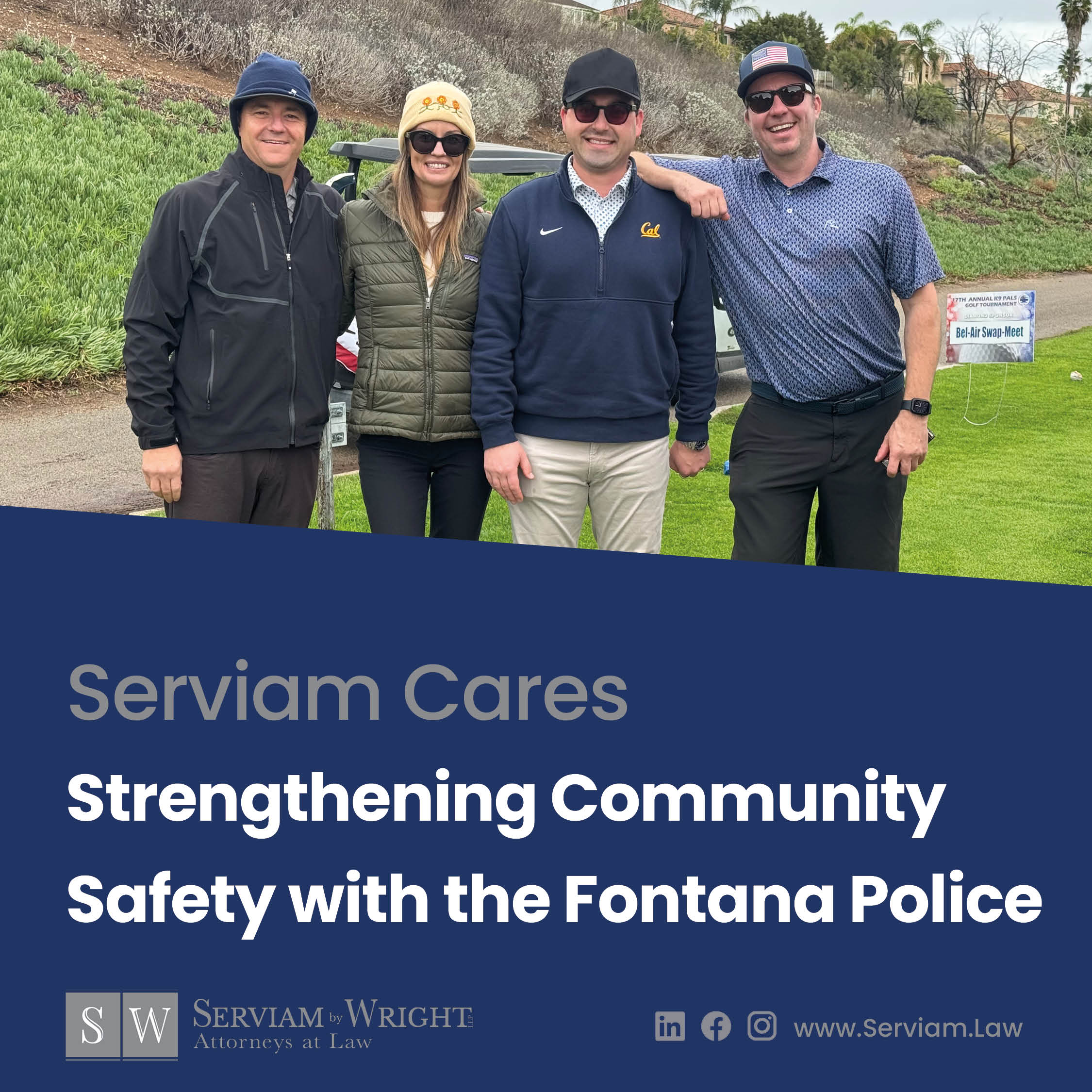California’s approach to sidewalk vending has evolved rapidly. In 2018, SB 946—the Safe Sidewalk Vending Act—decriminalized sidewalk vending and required local governments to allow vendors to operate with limited restrictions. The law sought to expand economic opportunity, particularly for low-income and immigrant communities, while activating public spaces. It also introduced real challenges for municipalities trying to regulate effectively.
In 2022, SB 972 added a focused framework for sidewalk food vending by creating Compact Mobile Food Operations (CMFOs)—clarifying some health requirements but adding complexity for enforcement.
New in 2025: On October 7, 2025, Governor Gavin Newsom signed SB 635, the Street Vendor Business Protection Act, into law. SB 635 tightens privacy protections for vendors and places new limits on how local authorities collect, use, and share vendor information and how enforcement can be structured.
This article outlines the current legal framework—including SB 946, SB 972, and SB 635—the enforcement challenges cities and counties face, and practical strategies to maintain compliance while protecting public health, safety, and welfare.
The Legal Landscape of Sidewalk Vending
SB 946: The Safe Sidewalk Vending Act (2018)
SB 946 decriminalized sidewalk vending and established it as a protected activity. Local governments may not impose outright bans but can adopt time, place, and manner restrictions tied to objective health, safety, or welfare concerns. Violations are limited to administrative fines, with reductions available for individuals demonstrating financial hardship. Roaming vending must generally be allowed in public parks and residential areas; stationary vending can be restricted in certain areas (e.g., residential zones or parks with exclusive concessions).
SB 972: Additional Regulations for Food Vendors & CMFOs (2022)
SB 972 created CMFOs and aligned sidewalk food vending with updated health code requirements. Among other things, CMFOs must have access to permitted support facilities; they can engage in limited food handling (e.g., slicing, portioning, reheating) but face tighter rules for higher-risk prep. Penalties emphasize administrative remedies and notices of violation for first offenses.
SB 635: Street Vendor Business Protection Act (2025)
Signed October 7, 2025, SB 635 adds important guardrails for how local authorities collect data and enforce sidewalk vending and CMFO rules:
- Data privacy & immigration protections. Local authorities may not inquire into or collect a vendor’s immigration/citizenship status, place of birth, or criminal history as part of permitting; they also may not require fingerprints, LiveScans, or background checks for sidewalk vending/CMFO permits.
- Limits on information sharing. Absent a subpoena or judicial warrant (or other narrow exceptions), local authorities are barred from sharing vendor identifying information with immigration enforcement.
- Past data cleanup. Any sensitive vendor information previously collected must be destroyed by March 1, 2026.
- Private enforcement limitations. Local authorities may only delegate enforcement of sidewalk vending/CMFO regulation to a nonpublic entity if that entity explicitly agrees to comply with new laws barring cooperation with immigration enforcement.
Bottom line: SB 635 narrows the types of information local programs can collect, restricts data sharing, and requires that private contractors adhere strictly to new limitations on immigration enforcement.
Enforcement Challenges (Unchanged—and Newly Emerging)
- Public space conflicts: Sidewalk congestion, ADA access issues, and conflicts with pedestrian/vehicular flow persist.
- Minimal deterrents: Low administrative fines—often reduced for hardship—limit deterrence for chronic violators.
- Organized activity & safety risks: Some unpermitted operations may be organized and difficult to disrupt through fines alone.
- Public health concerns: Improper food handling or lack of sanitation elevates risks of foodborne illness.
- Tax fairness: Unpermitted vending can undermine compliant businesses and reduce local tax revenue.
New SB 635 considerations: Jurisdictions must review permits, forms, and databases to ensure prohibited data are neither requested nor retained, stop any LiveScan/background check requirements, plan for records destruction by the statutory date, and ensure any private-party contracts related to vendor/CMFO enforcement properly acknowledge new bars on cooperation with immigration enforcement.
Practical Enforcement & Compliance Strategies (Post-SB 635)
- Tighten objective time/place/manner (TPM) restrictions. Ensure TPM rules are clearly tied to objective health, safety, or welfare (e.g., minimum clear path for ADA, fire lane setbacks, school entrances). This remains essential under SB 946.
- Use non-vending codes when appropriate. Enforce neutral laws that SB 946/972 do not limit—e.g., food safety codes, fire code hazards, ADA obstructions, illegal dumping, trespass, and encroachments—with proper evidence and due process.
- Prioritize hazard abatement over fines. For egregious health/safety risks, use immediate hazard mitigation tools permitted by the health and safety code (e.g., embargo/condemnation of unsafe food or equipment), with documentation to defend the action.
- Review private enforcement contracts. Audit and, if necessary, terminate private enforcement arrangements tied to vending rules; ensure private contractors enforcing vending/CMFO regulations acknowledge and adhere to new bars on cooperation with immigration enforcement.
- Update permits & workflows for SB 635.
- Remove any fields requesting immigration/citizenship status, place of birth, or criminal history; eliminate LiveScan/fingerprinting/background checks.
- Revise data-sharing policies to prohibit disclosure to immigration enforcement without proper legal process.
- Implement a records-destruction plan by March 1, 2026 for previously collected sensitive data.
- Outreach & compliance assistance. Partner with business districts and health departments for education, signage, cart layout templates, and CMFO checklists to raise voluntary compliance.
- Document objective impacts. Build an evidence record—photos, measurements (clear path widths), complaint logs—to support TPM restrictions and defend enforcement in administrative hearings or court.
- Legislative advocacy. Continue advocating for targeted refinements (e.g., scaled penalties for repeat, willful, hazardous violations) that respect SB 635’s privacy protections while safeguarding public health and access.
Finding a Balance in Sidewalk Vending Regulation After SB 635
Regulating sidewalk vending in California continues to require a careful balance of economic inclusion and public safety. SB 946 and SB 972 set the core framework; SB 635 adds strong privacy and enforcement rules that cities must now integrate into their programs. With clear, objective TPM standards, compliant health practices, and SB 635-aligned permitting and enforcement, jurisdictions can support lawful vending while protecting accessibility and community welfare.
How Serviam can Help
We assist cities in auditing and updating sidewalk vending ordinances and administrative procedures to align with SB 635, SB 972, and SB 946—including permit redesign, records-retention/destruction policies, enforcement protocols, and training for public officers.
This article should not be interpreted as legal advice; please contact a Serviam attorney for a consultation if you need legal advice about a specific matter. For more information about this article, contact Curtis Wright at Wright@Serviam.Law.





